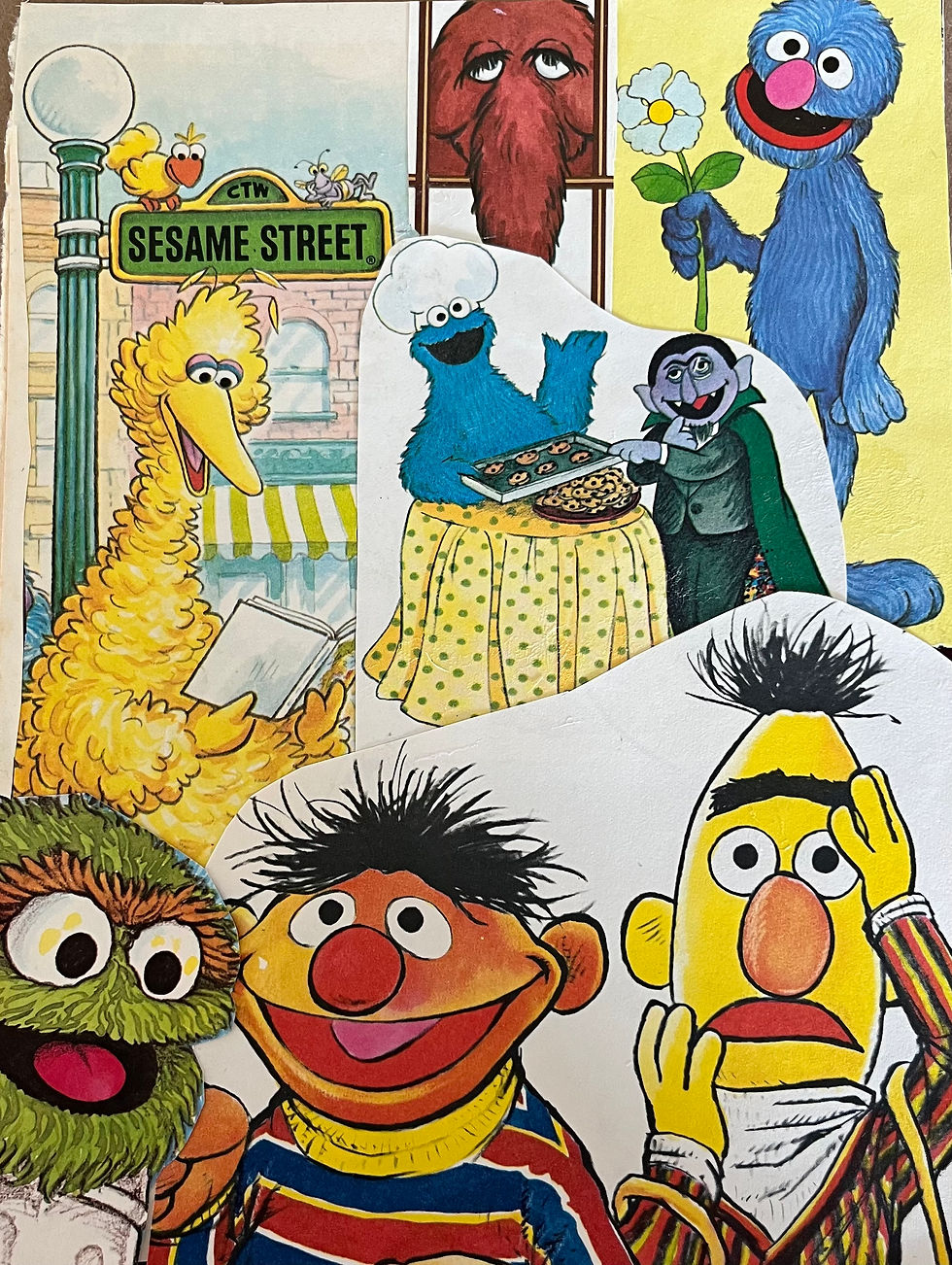Reviving Books Within Baltimore: Loyola’s Upcycling Initiative
- Mac Ferrone

- Apr 8, 2025
- 3 min read
Since its founding over 20 years ago, the Maryland Book Bank has placed over a million books into the hands of children and adults across Baltimore and beyond (Maryland Book Bank). Unfortunately, not every book donated can be redistributed, but that does not mean such books are discarded in the garbage. Instead, MBB partners with other organizations to recycle books responsibly–fixing a book's wear-and-tear for later distribution, or “processing materials that would otherwise be thrown away as trash and turning them into new products” (US EPA).
For the latter, the Upcycling Initiative is a great example. Upcycling, related to and distinct from recycling, involves “creating more valuable items from old materials” rather than simply “remaking materials into their original form.” This reduces waste and helps to conserve “worldwide resources by minimizing the demand for new, raw materials.” Upcycling, “with a projected value of $56.8 billion by 2027,” looks to be just starting as a market emphasizing the power of creation, rather than deconstruction (Upcycling).
The project, currently underway through a collaboration with Loyola University Maryland, is headed in part by Isabel Volpe, a previous intern at the Maryland Book Bank and current member of Loyola’s Global Studies Capstone course entitled Turning Pages Into Purpose. By Volpe’s own account, she was inspired to take action against the prevalence of Book Deserts and illiteracy rates in Baltimore. Likewise, Volpe seeks to advocate for “quality literary resources and sustainability practices” to become the norm for the city.
Moreover, Volpe and her peers are currently upcycling books–given to them by the Book Bank–to create new and original goods. Whether through cutting, stringing together, or “hodge-podging” (Volpe), the pages and material from such books are crafted into something new. The items created and the time to develop them vary, though the finished product seeks to be one students would appreciate–bookmarks, posters, and more! All products will also feature info about the Maryland Book Bank and Book Deserts–getting to the heart of why the Initiative is essential.
When asked to share her perspective on the Initiative, Program Director Kim Crout was optimistic, asserting that “sustainability is important to [her].” Not only does it help the environment, but it also allows an organization to truly thrive over the years. No matter what, we all need books–and a book being discarded helps no one. Further, the Initiative fits into the organization's mission because the Book Bank has “two main roles: book distribution…and diverting books from landfills.”
Likewise, though Book Deserts and Book Disposal are worldwide issues, Volpe aspires for the project to “take a global issue and narrow it down to our Loyola community, where we will hopefully bring awareness to global illiteracy and sustainability, giving students and faculty a chance to make a difference on a smaller scale.” Though widespread change is difficult, making a real difference has no geographical limit. As Kim states regarding the Book Bank’s future, “It won’t be a million dollar business…but there is an avenue here” for continued growth and progress through new preservation techniques.
In summary, the Initiative will “simultaneously [advocate] for the improvement of children's education” while “shedding light on the importance of sustainability to the success of nonprofits.” If students and other visitors feel particularly inspired, they may seek to help more non-profits in their efforts to change communities.
Then again, nothing will happen if people are absent. The fruit of Volpe’s labor will be on Loyola’s Quad on April 14th, from 10:00 AM to 1:00 PM, in which the upcycled items created will be sold. All proceeds will go back to the Book Bank and help us continue our efforts to promote literacy across Maryland. Attend to make a difference and get some cool new items to love!
While stories are a nigh-immortal art form, the physical book that entombs them can only last so long. Crafting that art into something new and exciting, then, is the ultimate expression of how the knowledge and value books hold can never truly decompose.

Works Cited:



Comments